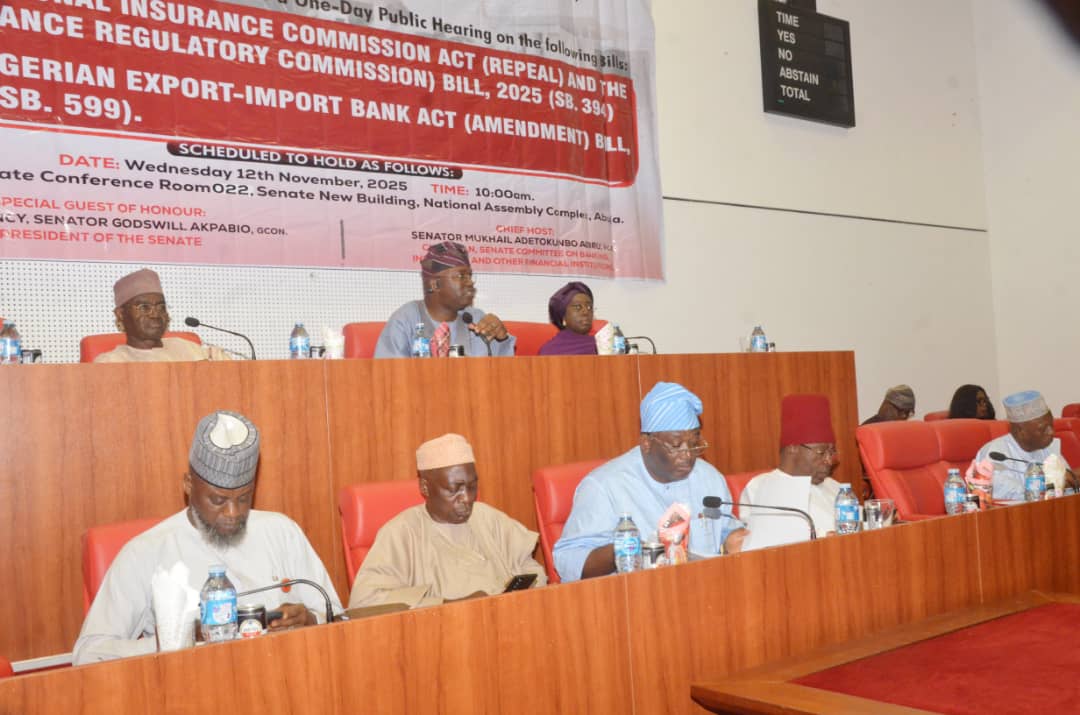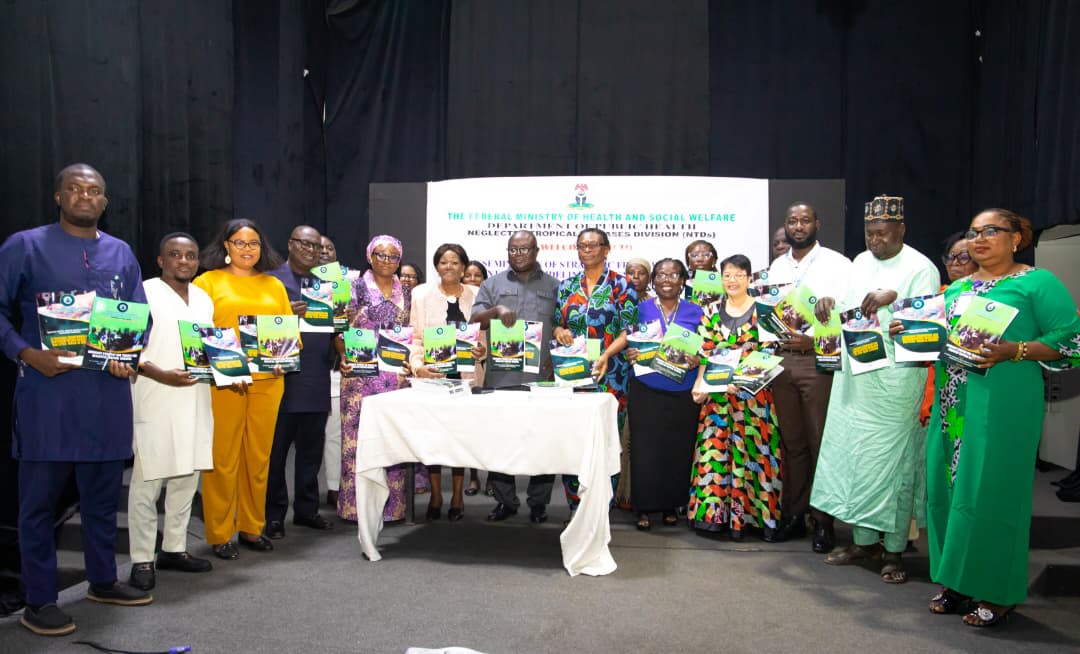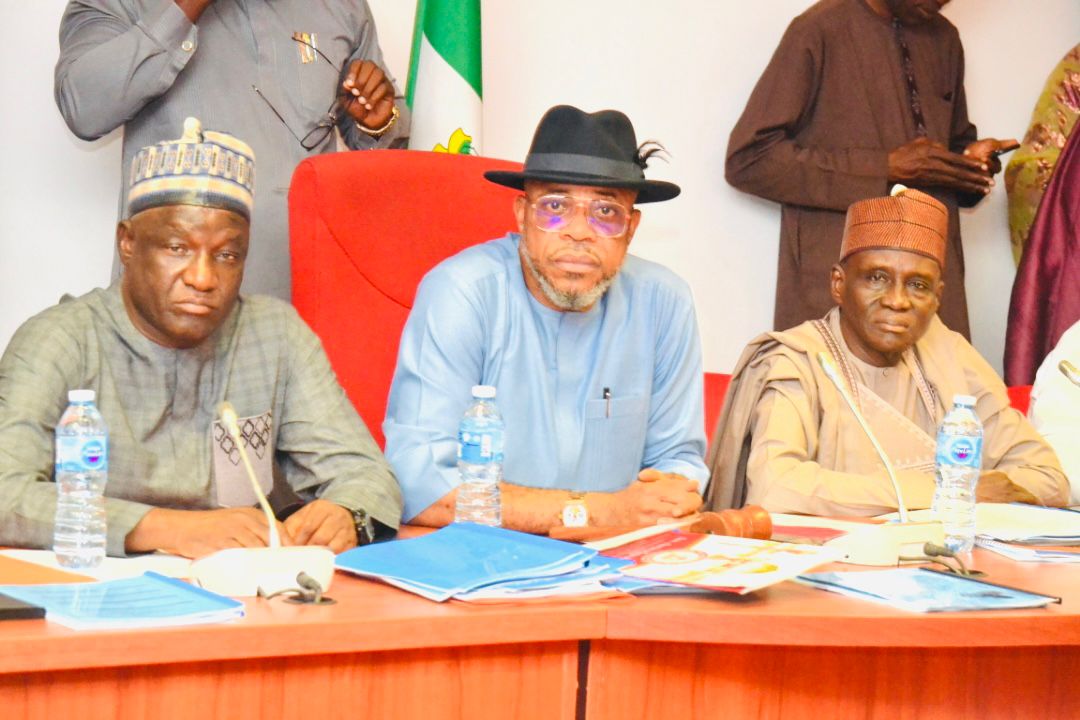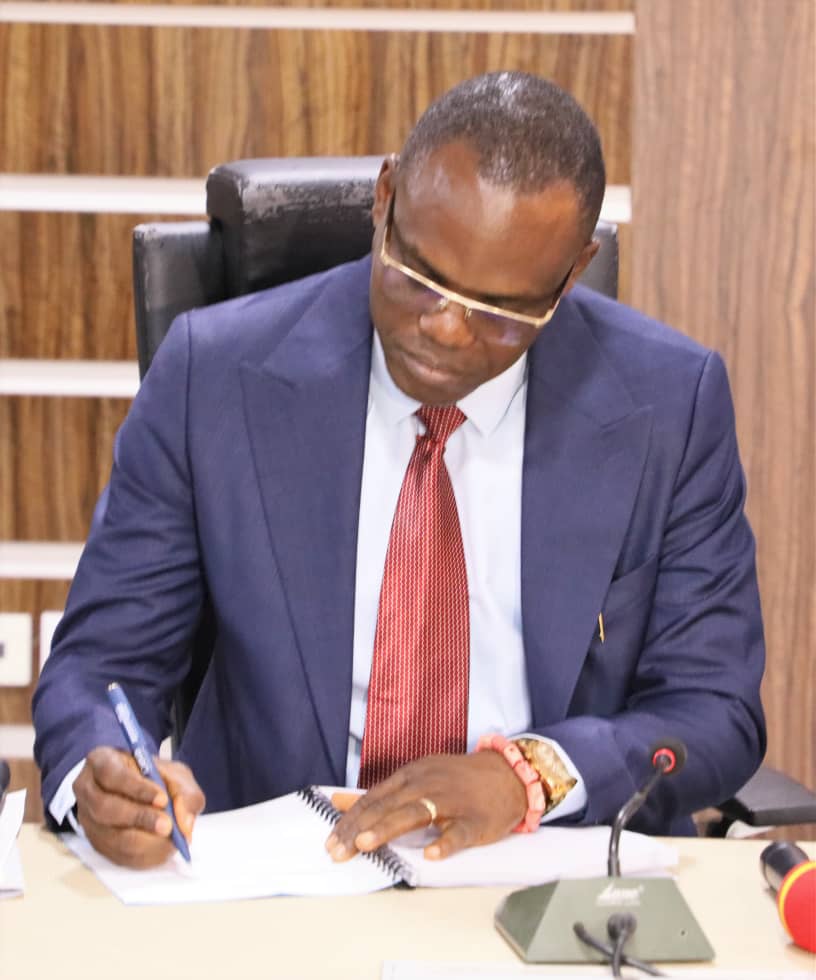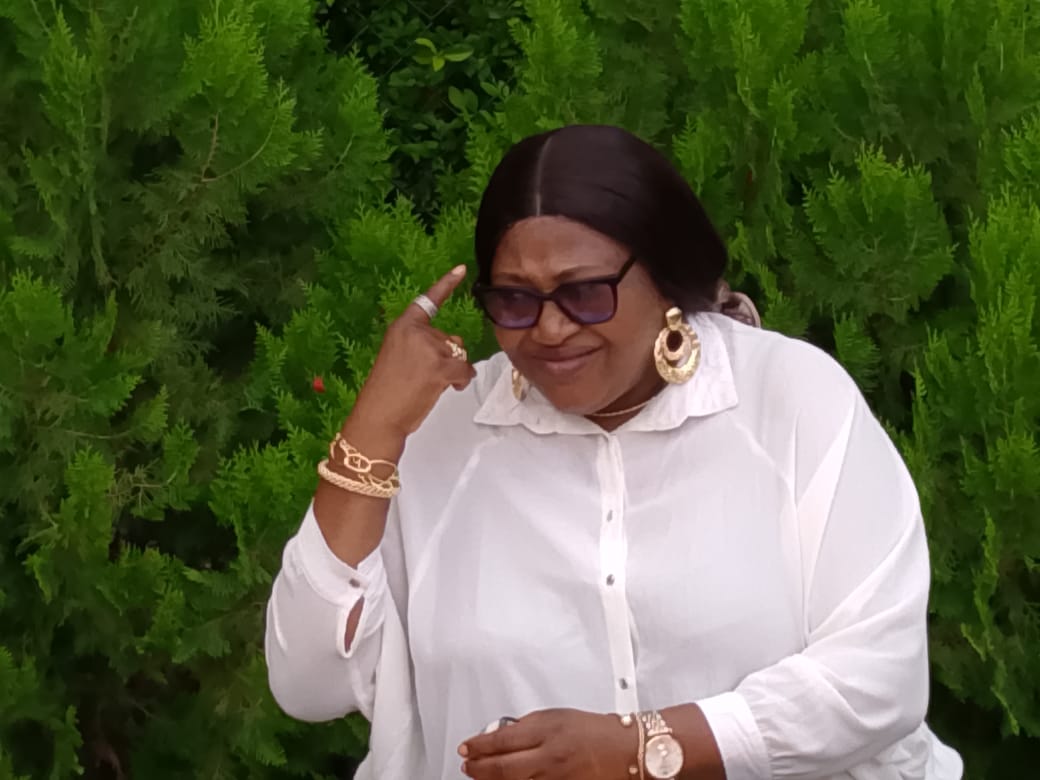
“Bullying is a power play, often stemming from the bully’s own abusive background”
By Fatima Saka
As Nigeria marks another Children’s Day on Tuesday, May 27, the Northeast Coordinator of the Women Trafficking and Child Labour Eradication Foundation (WOTCLEF), Charity Anaja, has called on all stakeholders government, institutions, parents, and society to take full ownership of the efforts to protect and promote the rights of Nigerian children.
In an exclusive interview on Monday in Abuja, Anaja, a staunch advocate of the Child Rights Act, said the 2025 Children’s Day should not be merely a celebration, but a time for sober reflection and renewed commitment to addressing the persistent challenges facing children in Nigeria, especially those in the Northeast.

“We need to go beyond just enacting laws,” she said. “Every one of us is a major stakeholder. Either as a parent, as an institution, as a government, as a caregiver, we all have a role in ensuring the plight of the Nigerian child is protected and promoted.”
Anaja acknowledged that Nigeria has made commendable efforts through legislation like the Child Rights Act and similar laws at the state level. However, she emphasized that the lack of implementation remains a critical concern.
Out-of-School Children and WOTCLEF’s Intervention
Addressing the rising number of out-of-school children, particularly in northern Nigeria, Anaja highlighted the longstanding efforts of WOTCLEF in combating child labour and trafficking.
“When a child doesn’t go to school, it is usually because of poverty,” she noted. “That child is then forced into labor or trafficking to support the family.”

According to Anaja, WOTCLEF works to return children to school and advocates for education that is not only free but accessible and incentivized.
“Even in states like Adamawa, where school fees are not paid, children still roam the streets because they lack uniforms, books, or even the parental mindset that values education,” she explained.
She called for mass reorientation and also proposed alternative pathways to education, including literacy and skills acquisition, especially for those not inclined toward formal schooling.
Bullying and the 2025 Children’s Day Theme in Nigeria “Stand Up, Speak Up: Building a Bullying-Free Society”
Commenting on this year’s theme from the Ministry of Women Affairs “Speak Out Against Bullying”, Anaja stressed the psychological trauma children face due to bullying in schools and online.
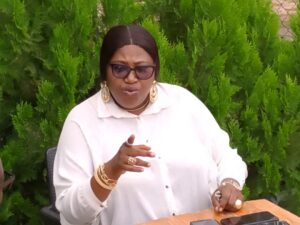
“There’s a culture of silence,” she said. “Children are afraid to report abuse. Some become depressed and even commit suicide. Bullying is a power play, often stemming from the bully’s own abusive background.”
She called for comprehensive strategies to tackle bullying from parental education to regulation of digital spaces, while urging schools to create safer environments for children.
Girl-Child Marriage: Lost Potential
Speaking on girl-child marriage, Anaja admitted the cultural complexities surrounding the issue but stood firm on its long-term harms.
“When you marry a girl at 14, what does she know about herself? How can she make informed decisions?” she asked.
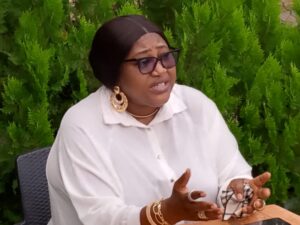
She emphasized that early marriage truncates education, health, and personal development, leaving girls vulnerable and often discarded later by their spouses who seek more educated partners.
READ ALSO: United Capital Asset Management Floats Investment Fund for Children
Agbedo Market Traders Won’t Be Displaced After Renovation — Anambra Council Assures
“We advocate against it not just for education’s sake, but for the girl’s right to be a full human being and a contributor to society.”
WOTCLEF’s Message for 2025
In conclusion, Anaja reiterated WOTCLEF’s core message for the 2025 Children’s Day:
“Transformation comes from the renewal of the mind. We all must take ownership of protecting children, the media, civil society, government, schools, and the parents. If we all brighten the corner where we are, one child saved could be the future we seek.”
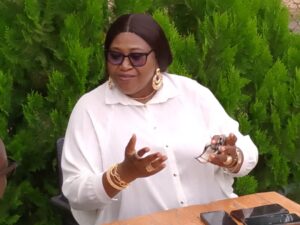
She further urged Nigerians to shift from silence to action, warning that without collective effort, the plight of millions of children may remain unchanged.


